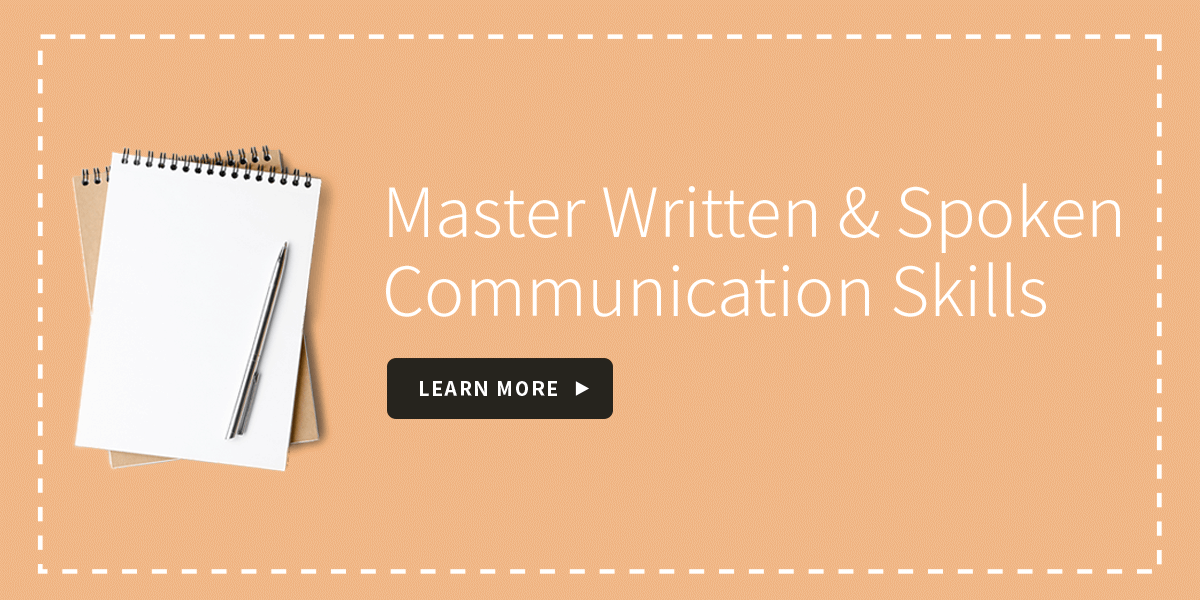
When watching an exceptional orator like former US President Barack Obama or the late Lee Kuan Yew in full flow, what they are doing can appear effortless, flawless and fearless. But their performances are underpinned by some strategies and habits that anyone can learn, regardless of how much natural talent or charisma you might have.
Confidence and fluency come from practice, and even the best speakers must spend time and effort to improve at their craft. This applies whether the speaker is addressing a nation, or friends and teachers in the classroom.
Here are 4 tips to help your child effectively communicate his or her thoughts when speaking in oral examinations or before an audience.

1. Practise, and Practise Again
Public speaking does not come naturally to most people simply because most our everyday conversations are more intimate and casual. Unless your child is unusually gregarious or chatty, the chances are that they will not be used to speaking before an audience in a formal setting such as a project presentation or leading a class discussion.
Your child will probably also use academic terms that they would not otherwise deploy in normal conversations, and which could potentially trip them up. This is why there is no substitute for practice when it comes to speaking confidently and fluently.
The tried-and-tested method of rehearsing repeatedly remains effective. But your child does not have to do so alone. Parents or siblings standing in for the audience can help replicate the actual setting to some extent, and provide useful feedback as well.
Finally, most people are unaware of how they really sound or appear when speaking in public. Recording your child’s practice attempts with your smartphone and playing it back for them can work wonders in helping him or her improve quickly, because they can see exactly what they need to work on.

2. Know Your Subject Matter Well
Practice goes a long way towards having a confident and fluent delivery, and that may be enough if all you need to deliver is a scripted speech. But most occasions in oral examination or public speaking, it will involve some elements of question and answer and interaction with the audience or recipient that go beyond any script.
It’s important to remember that confidence does not just come from knowing how to say the words well, but also having a strong grasp of what you are talking about.
Many of the best speakers are so convincing because they know they can back up whatever they say, and that shows. On the other hand, someone who has not taken the time to know their topic inside out can be shaken and caught out by the simplest of questions.
A helpful tactic in preparing for any curveballs is to get your child to try and anticipate what questions he or she might receive. Your child may not be able to predict every question at the end of the day, but their understanding of their subject matter is enhanced no matter what, which can lead to a sharper and more incisive line of argument or presentation. Knowing their stuff will also reap further benefits when they are forced to think on the spot.

3. Engage the Audience
Another strategy that good public speakers often deploy is to get the audience personally invested or involved in some way to build rapport. At its best, this tactic can make it seem to each audience member that the speaker is speaking directly to them, and is how some famous speeches have had the effect of galvanising an entire nation.
Good speakers sometimes drop in a little joke or phrase that most of their audience will be familiar with, and which helps soften the ground for the message that they are about to deliver.
Engaging the audience is something that improves with experience, but there are a few simple moves your child can start using immediately. For example, your child could ask a question of their classmates to make their point, or they could use a short video clip relevant to the topic that their friends are familiar with to kick-start the discussion. Some children may also find that bantering or debating with their classmates on topics of interest helps them relax and be less nervous too.

4. Keep the Message Simple and Concise
It is one thing for your child to know their stuff well, and another to go into so much detail that they start to lose their audience, not to mention being cut off by their teachers when they exceed the time limit. Even when speaking on complex topics, good speakers find ways to convey their message as simply as possible.
In fact, knowing your stuff well actually means you should be able to break it down for an audience that knows less than you. For example, a gamer trying to explain video games to a non-gamer should avoid using too much of the gaming terminology that they use all the time with friends because these terms will only serve to further confuse the non-gamer.
Your child should also endeavour to do the bulk of the “understanding” work for his or her audience. Avoid using language that is too complex and that serves to obscure the meaning instead of clarifying it. Keep each point short and sweet. Your child can always elaborate later if required. Finally, repeat important sentences or phrases if needed for emphasis.

Speaking with Confidence and Gusto
With the right kind of groundwork done in advance, your child will discover that public speaking is not as daunting as it might initially seem. He or she will also be taught the important lesson that putting in the effort for whatever they do is often rewarded with success and positive results.
At The Learning Lab, we believe in nurturing well-rounded learners and students capable of reflecting and communicating on complex issues. Through hands-on activities and lively debates that bring awareness about social issues and current affairs into the classroom, our teachers encourage our students to ruminate on important global issues and speak their minds with confidence and eloquence.
Through this engaging and immersive mode of learning, we motivate and spur our students toward becoming competent readers, fluent speakers and budding wordsmiths. Give your child an added advantage in their personal and academic growth and start them on the road to excelling in all facets of the English language here.
The Learning Lab is now at locations. Find a location that suits your needs.
If you have any questions about our range of programmes or class schedules, you may contact us at 6733 8711 or drop us an email at enquiry@thelearninglab.com.sg.
The Learning Lab is now at locations. Find a location that suits your needs.
If you have any questions about our programmes, please email us at enquiry@thelearninglab.com.sg or call us at 6733 8711 and we will be happy to assist you.



